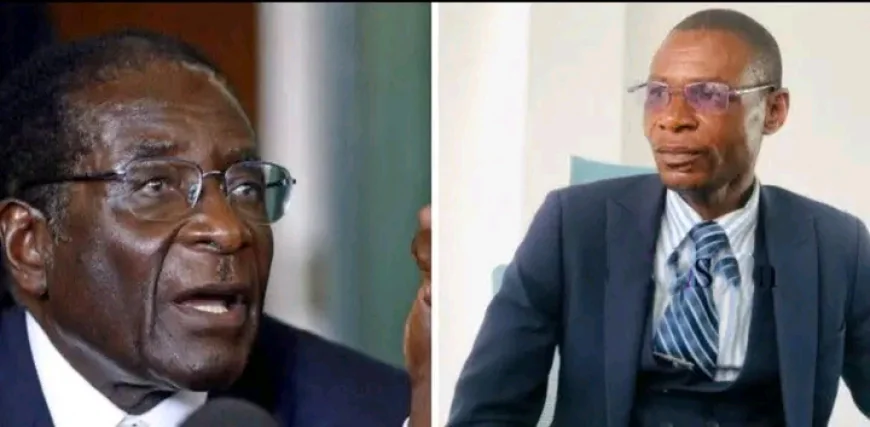Court dismisses man’s claim to be Robert Mugabe’s Son
Zimbabwe Court Rejects Man’s Claim to Be Robert Mugabe’s Son

The Zimbabwe High Court has dismissed a case filed by Tonderai Gabriel Mugabe, who claimed to be the biological son of the late former President Robert Mugabe. Tonderai was seeking to reopen the late leader’s estate—officially closed since December 2020—in order to claim a share of the inheritance.

Presiding over the case, Justice Fatima Maxwell ruled that Tonderai’s application lacked merit, pointing to inconsistencies in his evidence and an unexplained delay of four years before bringing the matter to court.
Tonderai had submitted a birth certificate bearing Mugabe’s name, supporting affidavits, and a DNA report in an effort to prove his paternity. However, the court found that the documentation was not sufficient to establish a legal or biological link to the former president.
“The applicant failed to provide compelling evidence to support his claim. The delay in pursuing this matter is also unjustified and undermines the credibility of the case,” Justice Maxwell stated in her ruling.
The High Court further noted that Mugabe’s estate had already been settled and distributed according to Zimbabwean succession laws, and reopening it would only serve to disrupt finalised legal processes without clear justification.
The case attracted significant public interest, given the legacy and long-standing prominence of Robert Mugabe, who led Zimbabwe for nearly four decades until his resignation in 2017. He died in 2019, and his estate, which includes property, vehicles, and financial assets, was formally closed the following year.
Tonderai’s attempt to insert himself into the Mugabe family lineage raised eyebrows, with many questioning the timing and authenticity of his claim. Critics argued that any legitimate heir would have come forward much earlier, especially during the initial estate proceedings.
Although the DNA report was part of Tonderai’s submission, the court found it lacked sufficient verification and failed to meet the evidentiary threshold required in such inheritance disputes.
Legal experts say the case sets a precedent for handling late claims to high-profile estates in Zimbabwe, particularly when the evidence is weak or delayed.
Following the dismissal, representatives of the Mugabe family have declined to comment, indicating they view the matter as resolved. Tonderai, however, may still pursue an appeal, though legal observers suggest his chances remain slim given the High Court’s firm stance on the issue.


